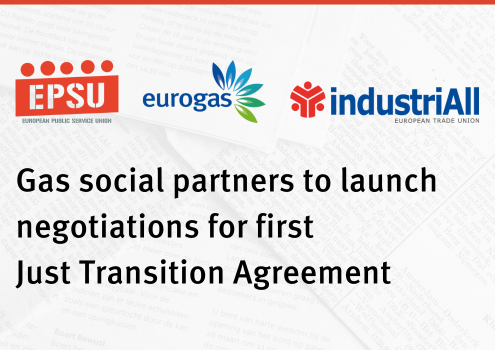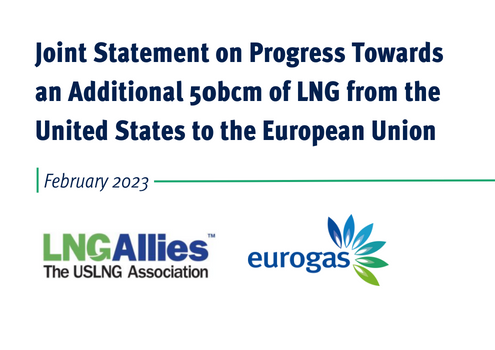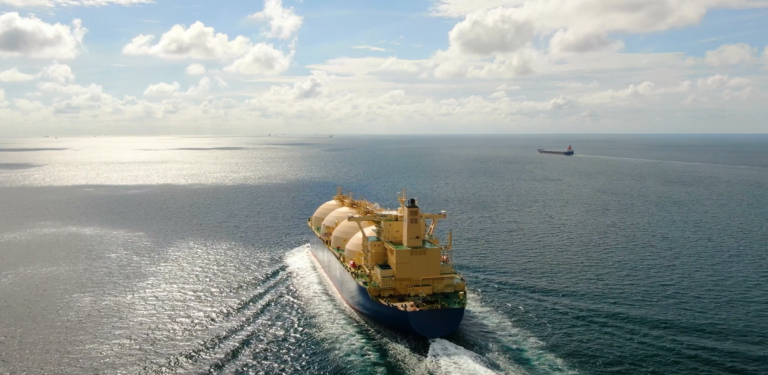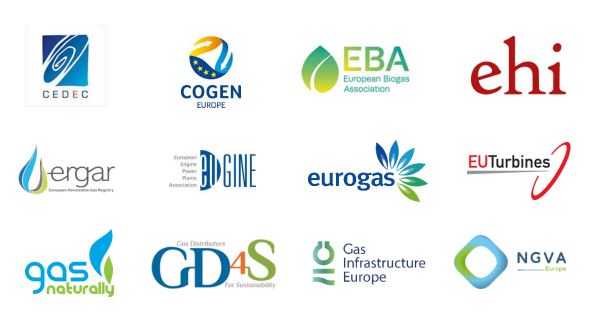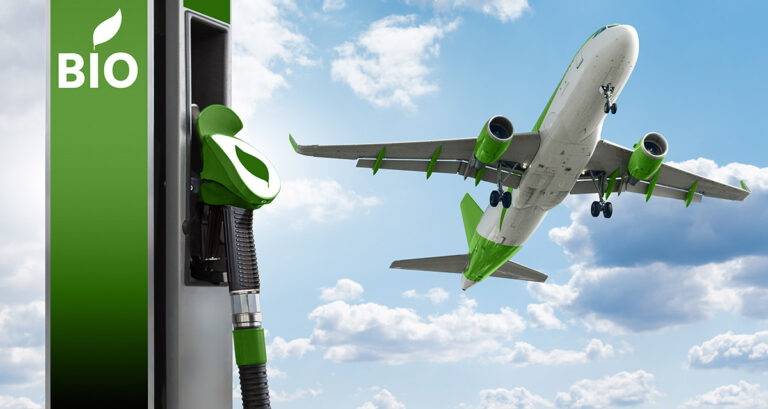Brussels, 28 November 2018. The European Commission’s strategic long-term vision to achieve a climate neutral Europe by 2050 “A Clean Planet for All” is a good opportunity to decide on solutions allowing swift progress on implementing the Paris Agreement. Gas is part of these solutions as it enables deep and immediate decarbonisation.
Eurogas welcomes today’s publication of the European Commission’s Vision for a climate-neutral future since Eurogas and its members are fully committed to helping the EU fulfil its objectives under the UN Paris Agreement on Climate Change. The forward-looking discussion that the Vision is launching can spur the action necessary to make this framework operational and to accelerate progress.
“Gas fuels are necessary in all seven strategic areas identified by the European Commission. As recognised in the Vision, higher ambition towards 2050 increases the opportunities for early emissions cuts. Gas provides such opportunities: it is an efficient low-cost solution for quick decarbonisation in all areas – heating, power generation and transport, and it also reduces the long-term costs of decarbonisation” says Eurogas Secretary General Beate Raabe.
The combined potentials of natural, renewable and decarbonised gas will help to achieve climate ambitions in time and will benefit quality of life and the environment also in terms of cleaner air, comfort and choice. Moreover, gas enhances energy system efficiency and resilience. Gas – in all its forms – also helps to keep the cost of the energy transition low, thus making it socially acceptable for European citizens whilst modernising the economy and strengthening the competitiveness of European industry.
Natural gas has been a key factor in reducing EU emissions from energy use since 1990, and it still has a lot to offer. CO2-neutral renewable and decarbonised gases can play a crucial role in achieving the EU’s climate objectives to 2050 and beyond. In line with this, innovative technologies that produce renewable and decarbonised gas and inject it into the grid already exist and are further developed throughout Europe.
The Vision and the modelling presented in the accompanying documents emphasise that using the virtues of all clean energy sources and energy carriers is the best and fastest way to decarbonise the economy sustainably.
In light of this, Eurogas strongly recommends that the next step is the development of a detailed strategy (Communication and implementation roadmap) on sector integration, including sector coupling via powerto-gas and the wider use of hybrid systems and renewable gas. This strategy would address inter alia how to value the gas system enhancing the resilience of the energy system as a whole, including industry, heating and mobility. It would also show how a smart combination of the electricity, gas and heat systems can deliver early achievements, allow more renewables, lower costs, and increase security of energy supply.
Note to Editors: Eurogas is an association representing 46 companies and associations engaged in the wholesale, retail and distribution of gas in Europe. Eurogas provides data and information relevant to EU decision makers and opinion formers in making the right policy choices.
Press contact: Marina Demidova, marina.demidova@eurogas.org, tel. +32 2 894 48 05
Eurogas • Av. de Cortenbergh 172 • 1000 Brussels • www.eurogas.org

